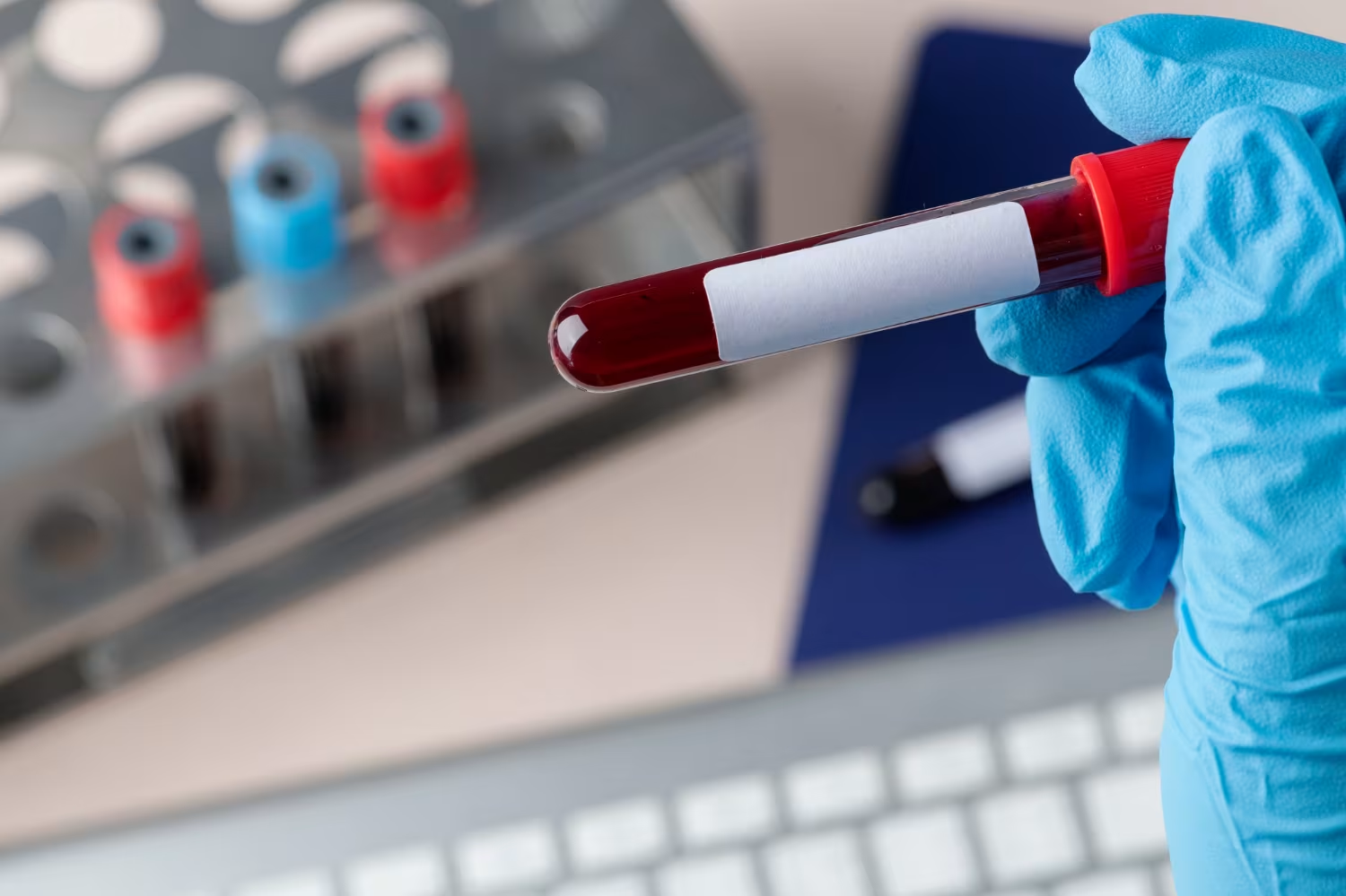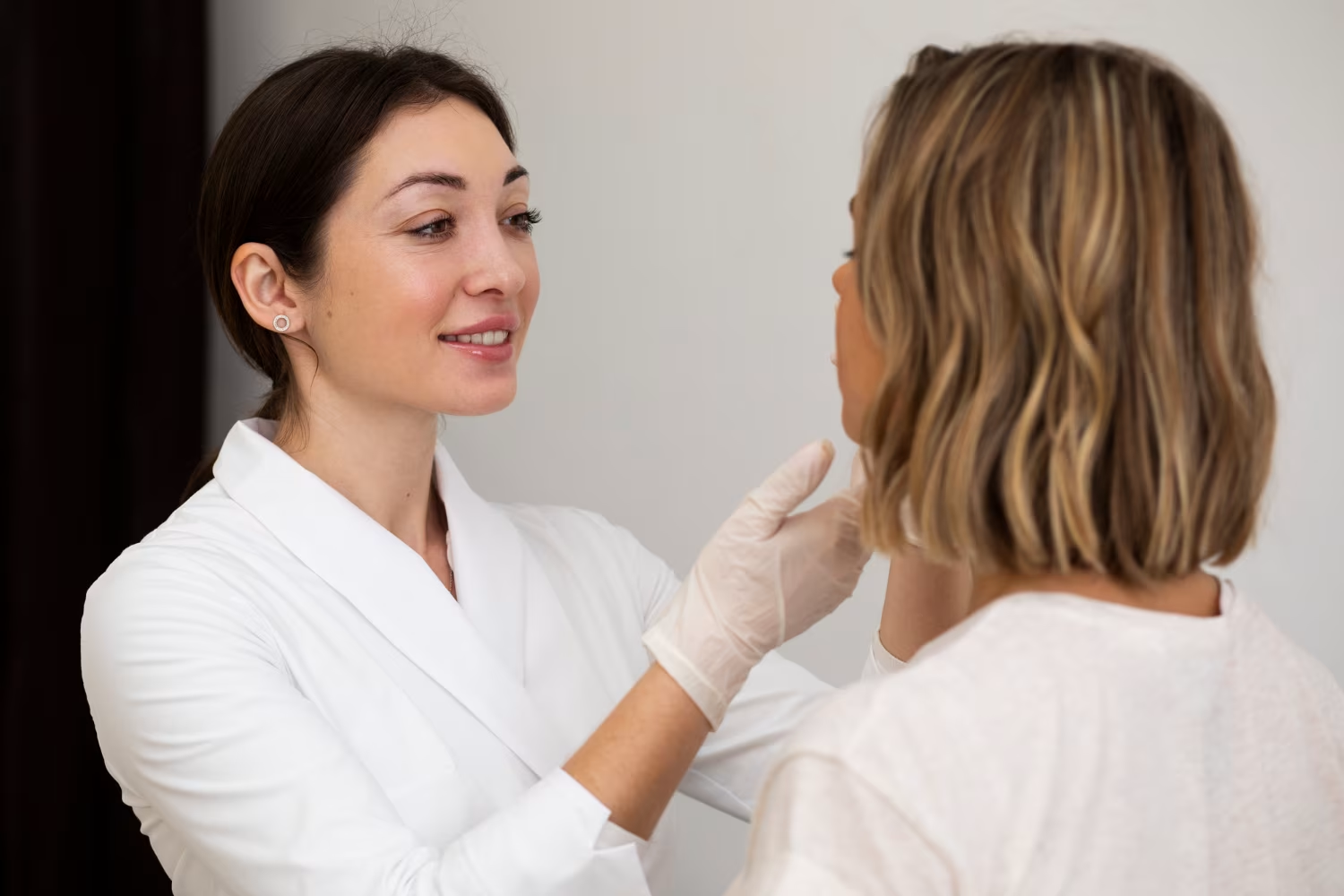
In recent years, weight loss pens, such as Ozempic and WeGovy, have gained significant popularity due to their effectiveness in helping individuals achieve their weight loss goals. These medications, primarily designed for diabetes management, have shown remarkable results in reducing body weight, making them a sought-after solution for weight loss. However, this popularity has also attracted unscrupulous sellers who are capitalising on the demand by selling fake weight loss pens. The UK government has issued a stern warning about these counterfeit products.
With the increasing demand for weight loss pens, the market has seen a surge in counterfeit products. These fake pens often look identical to the genuine ones but contain unknown or harmful substances that can pose serious health risks. The rise of these counterfeit products has prompted the UK government to issue warnings and take measures to protect consumers.
Using counterfeit weight loss pens can lead to a range of health risks, including:
To protect yourself from counterfeit products, it's important to know how to identify genuine weight loss pens:
The UK government is taking several measures to combat the spread of fake weight loss pens, including:
If you suspect that you have purchased or come across a fake weight loss pen, take the following steps:
The rise of fakes in the UK poses a serious risk to public health. It is crucial for consumers to stay vigilant and informed about the potential dangers of counterfeit products. By purchasing from reputable sources, verifying product authenticity, and consulting healthcare providers, individuals can protect themselves from the risks associated with fakes. The UK government continues to take measures to combat this issue, but consumer awareness remains a key component in ensuring safety and efficacy in weight loss treatments.
Click here to book a weight loss consultation with one of our doctors.





